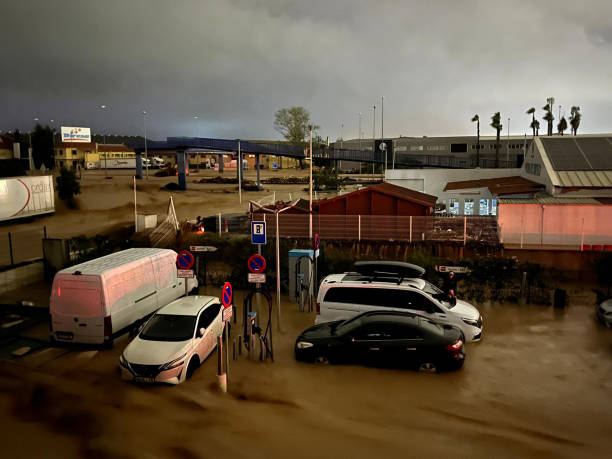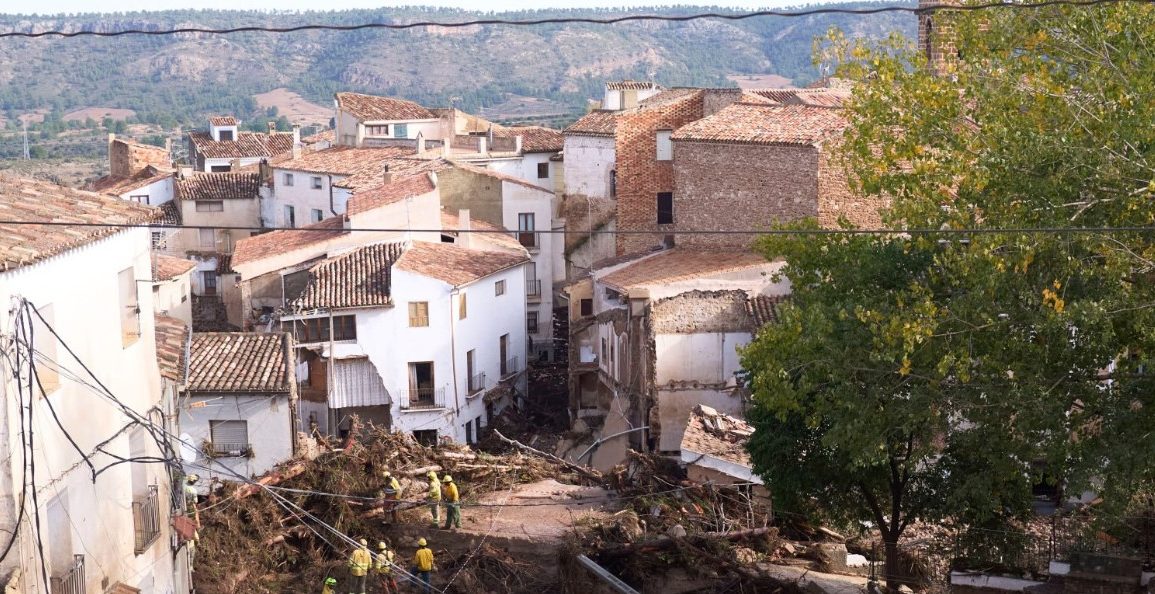Spain is grappling with a renewed wave of severe weather, as torrential rains batter the eastern and southern regions of the country.
Authorities have evacuated thousands of residents, and schools have been shut down in several provinces, including Málaga, Granada, and Tarragona, as the country faces the aftermath of floods that claimed at least 215 lives just two weeks ago.
The heavy rainfall has triggered amber and red weather alerts, particularly in Málaga and Tarragona, where the risk of further catastrophic flooding is extreme.
The storm, linked to a newly isolated depression, could drop up to 180 liters of rain per square meter in under 12 hours.
The Spanish meteorological agency, Aemet, has issued warnings for continued heavy rains until at least Friday, stressing that while this storm might not be as intense as the previous one, the already saturated ground and compromised infrastructure could worsen the impact.
In the aftermath of the deadly floods that hit Valencia and surrounding areas on October 29, authorities have continued their efforts to manage the crisis.

Almost 20,000 military and police personnel remain engaged in the cleanup, with volunteers in towns like Aldaia reinforcing flood defenses with sandbags.
Local governments in affected areas have also closed schools and advised citizens to work from home.
Despite these efforts, frustrations are growing, particularly over the delayed response by regional leaders.
Public anger peaked in Valencia with over 130,000 people protesting the handling of the crisis.
Regional president Carlos Mazón, from the conservative People’s Party, faced widespread criticism for his delayed actions during the October floods, including a three-hour lunch on the day of the disaster.
The political blame game continues as Mazón and his administration point fingers at both local and national leaders, including Spain’s environment minister, Teresa Ribera, who defends the central government’s response.
As Spain braces for more storms, the need for swift, coordinated action is clear, with many questioning the preparedness of the authorities to handle future climate-related disasters.

